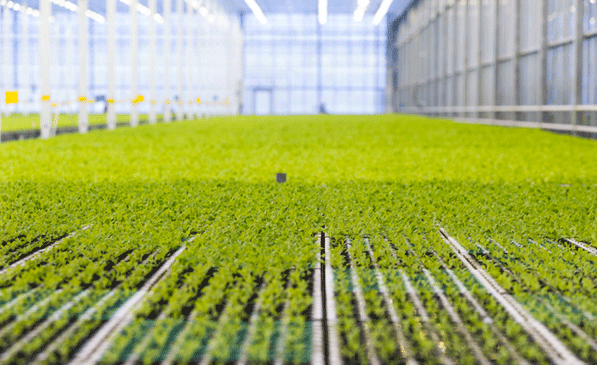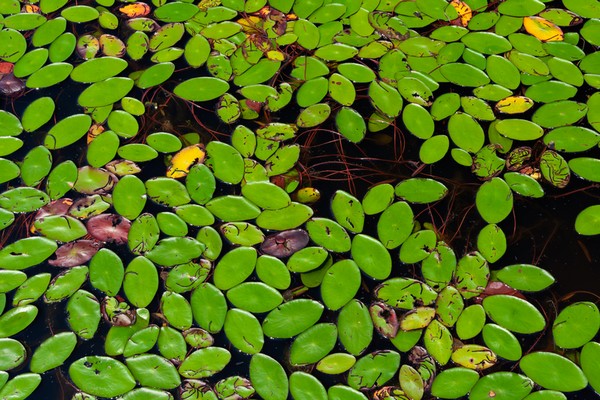The planned greenhouse complex, dubbed the “Innovative Greenhouse Facility,” is expected to elevate the self-sufficiency of the Sverdlovsk region in fresh vegetables from 35.2% to 49.4%. This increase could significantly reduce the region’s dependency on imported produce and stabilize food prices for local consumers. The complex will utilize advanced greenhouse technologies, including automated climate control, LED lighting for efficient plant growth, and optimized water use through closed-loop irrigation systems.
If the project reaches completion as scheduled in 2027, it could serve as a model for other regions in Russia that are looking to increase local food production through greenhouse farming. Moreover, the initiative aligns with global trends that emphasize sustainable and high-yield agricultural practices to meet the demands of growing populations.
Financial Controversies and Government Skepticism
Despite its potential, the funding and economic implications of the greenhouse project have sparked considerable debate. The Sverdlovsk region is seeking to be added to the list of areas eligible for subsidized agricultural loans. The project’s backers have requested nearly 7 billion rubles in preferential investment credits. However, this request has been met with skepticism by the Ministry of Agriculture of the Russian Federation.
Deputy Minister of Agriculture Elena Fastova highlighted that the company has already secured financial support totaling 5 billion rubles through other agricultural programs. She suggested that the Sverdlovsk regional government could allocate additional funds from its budget instead of seeking further federal assistance. Despite these reservations, the Senate Committee ultimately recommended that the Ministry consider including Sverdlovsk in the list of “privileged” regions and approve the loan application.
Strategic Importance and Future Prospects
First Deputy Governor Alexey Shmykov presented compelling arguments emphasizing the strategic importance of the project. With rising concerns over food security and the increasing need for sustainable agricultural solutions, this mega-greenhouse could provide a long-term boost to the local economy, create jobs, and contribute to regional stability.
Experts point out that greenhouses are becoming essential in northern climates and areas with volatile weather patterns. By creating controlled environments for crop growth, these facilities can ensure consistent and high-quality yields, even in harsh conditions. The Sverdlovsk region’s commitment to modern greenhouse farming reflects a broader trend in global agriculture, where technology is used to mitigate climate risks and optimize resource use.
The construction of the new greenhouse complex near Yekaterinburg represents a significant investment in the future of Russian agriculture. While financial concerns and debates over funding persist, the project has the potential to substantially improve local food security and serve as a blueprint for other agricultural developments. With the backing of UMMC and continued support from both regional and federal governments, the project could mark a transformative shift in how vegetables are cultivated in Russia.










